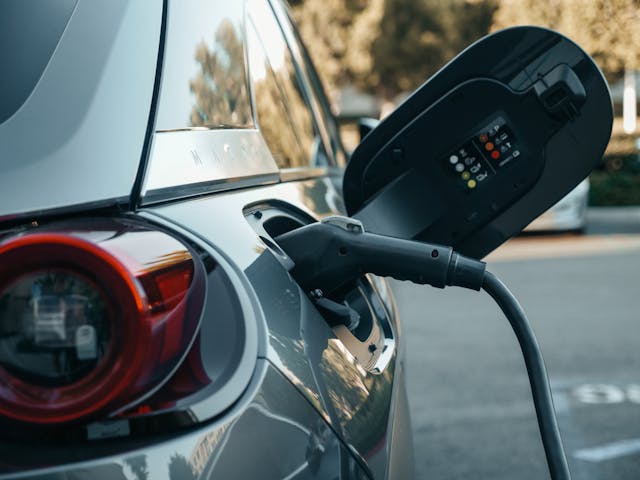The marine transportation industry is on the cusp of a major transformation, and at the heart of this change lies the integration of advanced battery systems pioneered by Tesla. As a battery technology expert, I have closely followed the developments in this field, and I am thrilled to see YungaCraft and Tesla joining forces to revolutionize the way we power our ferries and boats.
Tesla’s Lithium-Ion Battery Technology
A Game Changer Tesla’s lithium-ion battery technology has already made significant strides in the electric vehicle industry, and its application in the marine sector is nothing short of groundbreaking. These batteries offer several key advantages that make them ideal for powering electric ferries and boats.
Firstly, Tesla’s batteries boast an impressive energy density, allowing for extended range and longer operating hours. This is crucial for marine vessels, which often need to cover significant distances without frequent charging. The high energy density also means that the batteries can be compact, saving valuable space on board.
Secondly, Tesla’s batteries are designed for durability and longevity. The marine environment can be harsh, with exposure to saltwater, humidity, and temperature fluctuations. Tesla’s robust battery design ensures reliable performance and minimal degradation over time, even in these challenging conditions.
Thirdly, the efficiency of Tesla’s batteries is unparalleled. With minimal energy losses during charging and discharging, these batteries can power electric ferries and boats with remarkable effectiveness. This efficiency translates to lower operating costs and reduced environmental impact.
Overcoming Range
Anxiety and Infrastructure Challenges One of the main concerns surrounding electric marine transport has been the limited range and the lack of charging infrastructure. However, YungaCraft and Tesla are tackling these challenges head-on.
With Tesla’s high-capacity batteries, electric ferries and boats can now travel longer distances on a single charge. This advancement alleviates the range anxiety that has previously hindered the adoption of electric vessels. YungaCraft is also actively collaborating with ports and marinas to establish a comprehensive network of charging stations. This infrastructure development ensures that electric vessels can be seamlessly integrated into existing marine transport systems.
Moreover, Tesla’s expertise in fast charging technology is being leveraged to minimize downtime during charging. High-power charging stations can replenish the batteries quickly, allowing electric ferries and boats to get back on the water with minimal delay.
Environmental Impact and Cost Savings
The transition to electric ferries and boats powered by Tesla’s batteries offers significant environmental benefits. By eliminating the reliance on diesel engines, these vessels contribute to cleaner air and water. The reduction in greenhouse gas emissions is a critical step towards mitigating the impact of climate change.
In addition to the environmental advantages, electric ferries and boats also provide substantial cost savings. The elimination of fuel costs and the reduced maintenance requirements of electric propulsion systems lead to lower operating expenses. These savings can be passed on to passengers and operators, making marine transport more affordable and accessible.
The Future of Marine Transport
As YungaCraft and Tesla continue to push the boundaries of electric marine transport, the future looks promising. The successful implementation of pilot projects demonstrates the viability and benefits of electric ferries and boats in real-world scenarios.
The collaboration between these two innovative companies serves as a catalyst for the wider adoption of electric marine transport. Governments, transportation authorities, and private enterprises are taking notice, recognizing the potential for cleaner, quieter, and more efficient waterways.
As a battery technology expert, I am excited to witness this transformation firsthand. The integration of Tesla’s cutting-edge battery systems into electric ferries and boats marks a significant milestone in the journey towards sustainable marine transportation. With continued advancements in battery technology and the expansion of charging infrastructure, we can look forward to a future where our oceans, rivers, and lakes are powered by clean, renewable energy.
